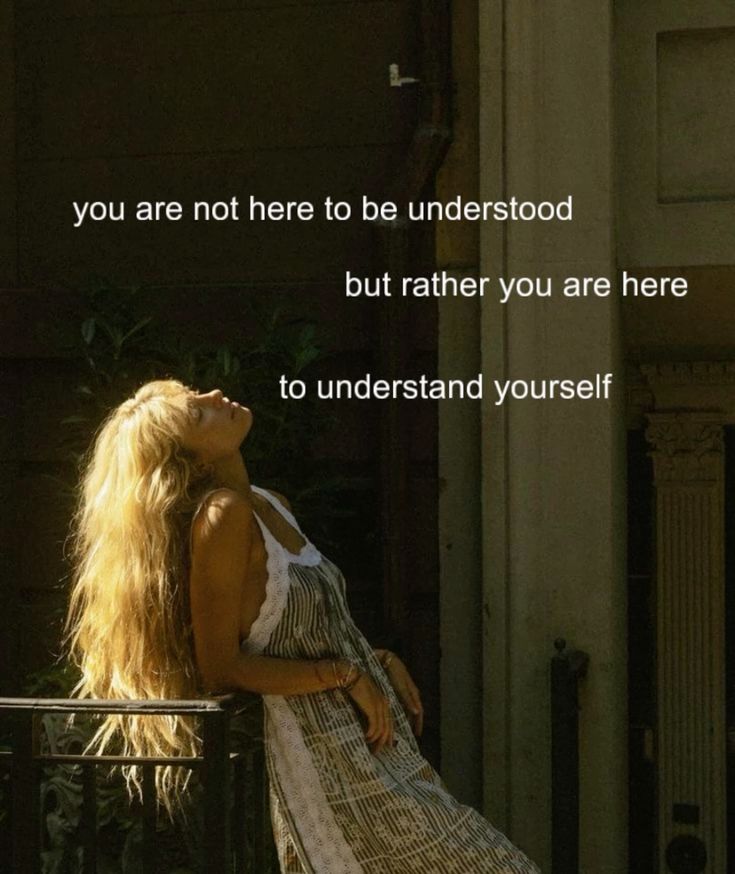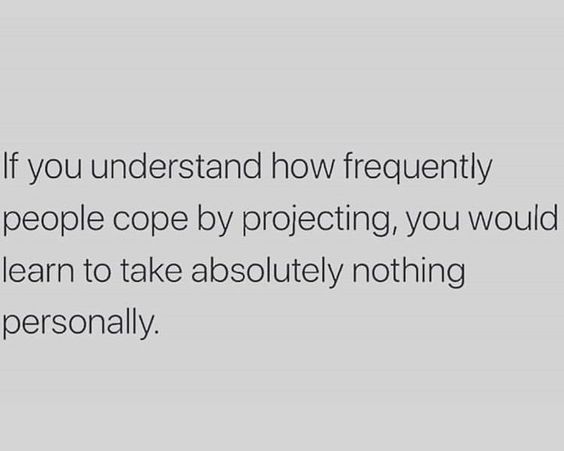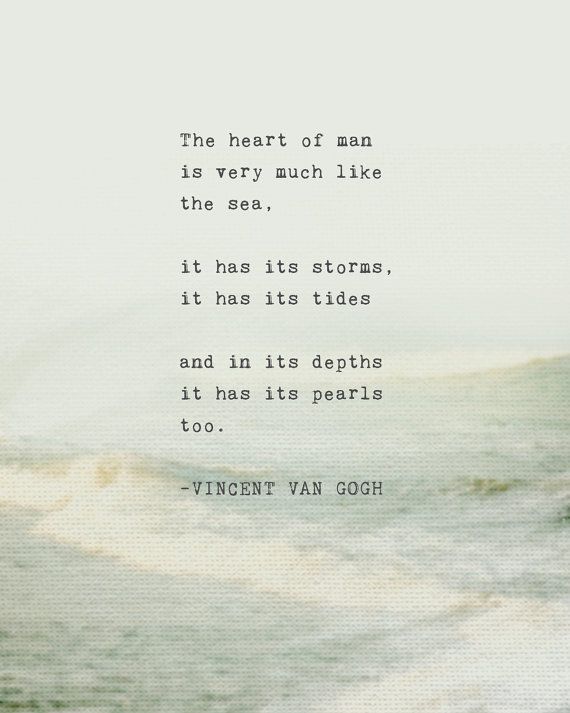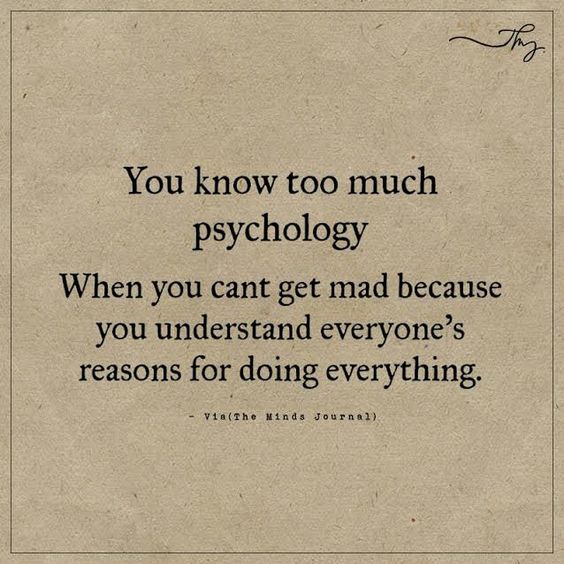“Do you not find consciousness alone to be the most exhilarating thing? Here we are, in this incomprehensibly large universe, on this one tiny moon around this one incidental planet, and in all the time this entire scenario has existed, every component has been recycled over and over and over again into infinitely incredible configurations, and sometimes, those configurations are special enough to be able to see the world around them. You and I—we’re just atoms that arranged themselves the right way, and we can understand that about ourselves. Is that not amazing?”
Becky Chambers, A Psalm For The Wild-Built (Page 140)
Waking Up: A Guide To Spirituality Without Religion [Book]
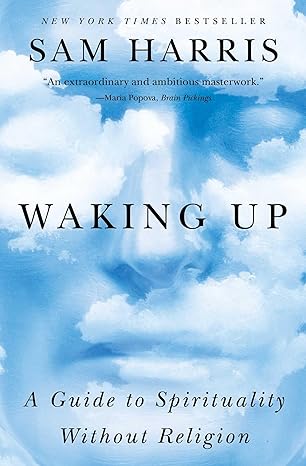
Book Overview: From multiple New York Times best-selling author, neuroscientist, and “new atheist” Sam Harris, Waking Up is for the 30 percent of Americans who follow no religion, but who suspect that Jesus, Buddha, Lao Tzu, Rumi, and the other saints and sages of history could not have all been epileptics, schizophrenics, or frauds. Throughout the book, Harris argues that there are important truths to be found in the experiences of such contemplatives – and, therefore, that there is more to understanding reality than science and secular culture generally allow. Waking Up is part seeker’s memoir and part exploration of the scientific underpinnings of spirituality. No other book marries contemplative wisdom and modern science in this way, and no author other than Sam Harris – a scientist, philosopher, and famous skeptic – could write it.
“I do not demand your faith; I am not setting myself up as an authority. I have nothing to teach you—no new philosophy, no new system, no new path to reality; there is no path to reality any more than to truth. All authority of any kind, especially in the field of thought and understanding, is the most destructive, evil thing. Leaders destroy the followers and followers destroy the leaders. You have to be your own teacher and your own disciple. You have to question everything that man has accepted as valuable, as necessary.”
J. Krishnamurti, Freedom From The Known (Page 21)
“We can gain a lot of clarity if we insert the right words into daily conversation. ‘That’s a good college,’ is more accurately stated as, ‘that’s a famous college.’ Or perhaps, ‘That person is beautiful,’ might be better as, ‘that person is conventionally beautiful.’ So many choices and measures seem obvious. But the obvious part might come from the fact that they are simply conventional and famous, not obvious or useful.”
Seth Godin
“Psychotherapy patients also soon learn to be moved by their nocturnal visions as they discover that we are often wiser when we dream than when we are awake. Because the dreaming experience is unhampered by whorish Reason, and the dreamer is not distracted by the conventional wisdom of other people’s perspectives and expectations, we sometimes see most clearly when our eyes are closed.”
Sheldon B. Kopp, If You Meet Buddha On The Road, Kill Him! (Page 58)
“All of the truly important battles are waged within the self. It is as if we are all tempted to view ourselves as men on horseback. The horse represents a lusty animal-way of living, untrammeled by reason, unguided by purpose. The rider represents independent, impartial thought, a sort of pure cold intelligence. too often the pilgrim lives as though his goal is to become the horseman who would break the horse’s spirit so that he can control him, so that he may ride safely and comfortably wherever he wishes to go. If he does not wish to struggle for discipline, it is because he believes that his only options will be either to live the lusty, undirected life of the riderless horse, or to tread the detached, unadventuresome way of the horseless rider. If neither of these, then he must be the rider struggling to gain control of his rebellious mount. He does not see that there will be no struggle, once he recognizes himself as a centaur.”
Sheldon B. Kopp, If You Meet Buddha On The Road, Kill Him! (Page 7)
“People are very absolutist. They think in terms of absolutes: This is truth and whatever is against it is wrong. This attitude has crippled the whole earth—Hindus and Muslims and Christians are all fighting because everybody claims the absolute truth. But nobody has any claim on it. It is nobody’s monopoly. Truth is vast. Infinite are its facets and infinite are the ways to know it. Whatever we know is limited; it is just one part.”
Osho, Everyday Osho (Page 82)
“We can never watch the same show twice. We can never listen to the same song twice. We can never get the same piece of advice twice. Because our experiences, our tastes, our understanding of the world has changed. But, those second and third and fourth encounters–those re-introspectings–are actually where the real insights and breakthroughs can come from. That’s when we can really get it. That’s when we might really come to get ourselves in the process.”
Ryan Holiday
“Don’t get into this binary thing where you’re looking at Fox or CNN. Read the other side. Some of your fellow citizens have good reasons to believe something different than you do. I try to think sometimes about where are they right? Not are they wrong. You’ll become a better thinker. And you earn peoples’ respect. By telling the truth, being a team player. Team player doesn’t mean you don’t complain. It means you complain if we are doing something stupid.”
Jaime Dimon
“Desires that arise in agitation are more aligned with your ego. Desires that arise in stillness are more aligned with your soul.”
Cory Muscara, Twitter
Meditations [Book]
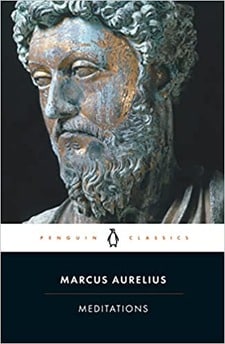
Book Overview: Written in Greek by an intellectual Roman emperor without any intention of publication, the Meditations of Marcus Aurelius offer a wide range of fascinating spiritual reflections and exercises developed as the leader struggled to understand himself and make sense of the universe. Spanning from doubt and despair to conviction and exaltation, they cover such diverse topics as the question of virtue, human rationality, the nature of the gods and the values of leadership. But while the Meditations were composed to provide personal consolation, in developing his beliefs Marcus also created one of the greatest of all works of philosophy: a series of wise and practical aphorisms that have been consulted and admired by statesmen, thinkers and ordinary readers for almost two thousand years.



